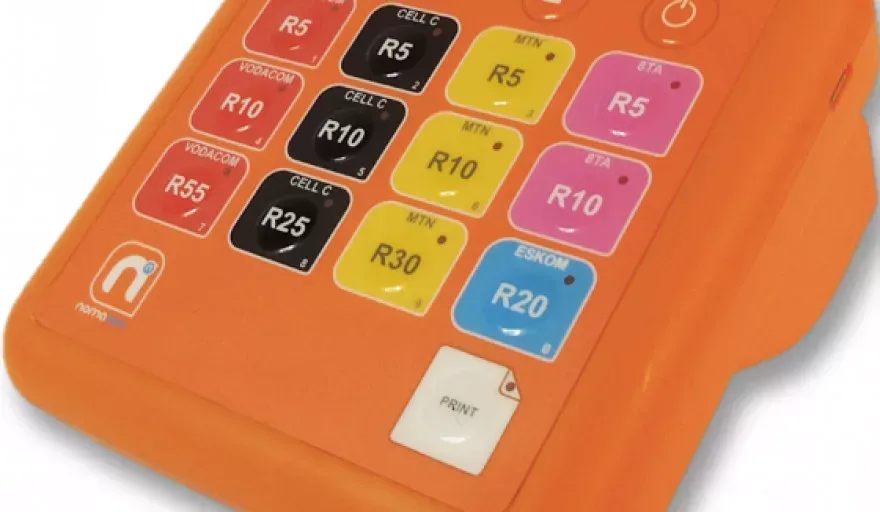Nomanini, a Cape Town-based mobile point of sale service that specialises in facilitating cash payments in emerging markets, has successfully scaled into six countries across Africa in just four years, using Google’s cloud platform. It currently processes over a million transactions per month.
Every element of the device is designed specifically for African environments and the battery lasts for up to five days.
But it’s not just Nomanini’s hardware that is unique. An equally innovative approach was required when it came to developing the software. Getting the software right has enabled Nomanini to scale into emerging markets across the continent in just four years.
Dale Humby, the company’s CTO, explained: “I joined Nomanini at its conception back in 2010, when Vahid Monadjem, the CEO, asked me to help develop the back-end system. At the time, I was working on Google App Engine, so I was very familiar with it and knew how reliable it was. It’s designed to provide instant scalability, so there’s no need for us to worry about that as we continue to grow and add additional users to the system.”
Humby is one of only three official Google Development Experts (GDEs) in Africa. “It’s a great opportunity for me to keep abreast of Google’s innovations, and even to help shape some of them. It also enables me to give back to the development community through speaking opportunities, my blog, and by responding to questions posted in online forums.”
Google App Engine, which is part of the Google cloud platform suite of products, is a fully-managed Platform-as-a-Service (PaaS) that enables developers to build, test and deploy applications on Google’s highly-scalable and reliable infrastructure.
Nomanini’s goal was to create a transaction processing system that was reliable enough to deal with thousands of payments at any time, and scalable enough to take on hundreds of new vendors at short notice.
“We don’t have to worry about database administration, server configuration, sharding or load balancing. And of course, the fact that it is cloud-based means that we only pay for what we use, so we can scale up during busy times of the day and down at quieter periods, like overnight,” explained Humby.
Today Nomanini processes up to 50 requests a second and Humby says the company has never had a problem with reliability, which, considering the vast amount of data it processes, is amazing.




























